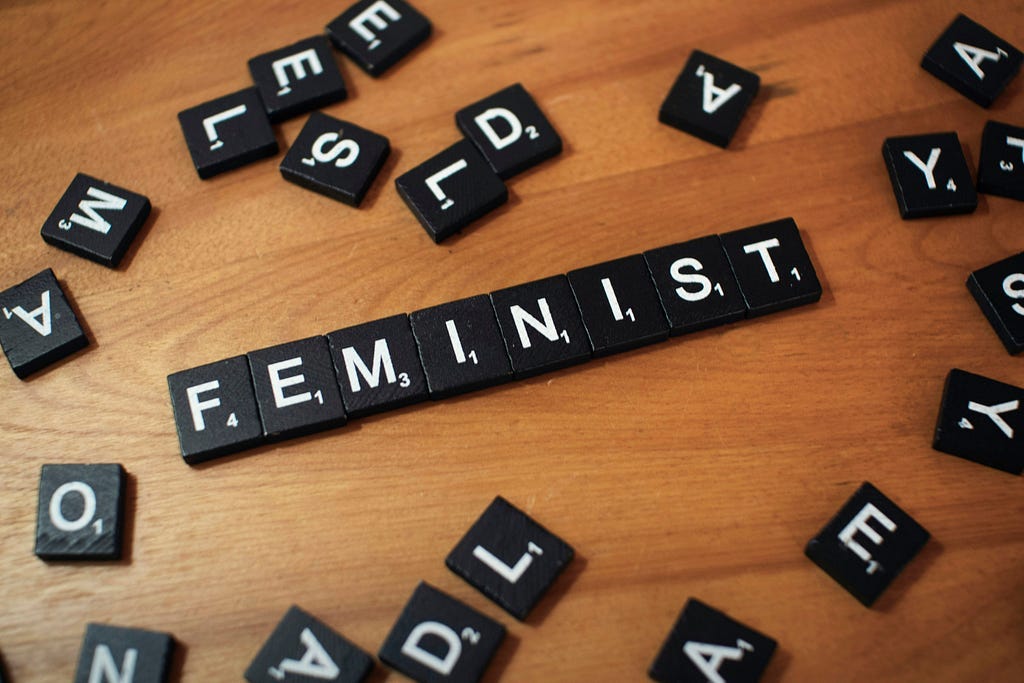Let’s Talk About Gynarchy

In today’s growing conversations about feminism and matriarchy, words matter more than ever. The language we use can empower — or derail — movements for change. And there’s one word in particular that keeps cropping up in these spaces that deserves a closer look: gynarchy.
At first glance, it might seem like it belongs in feminist or matriarchal circles. After all, it literally means “rule by women.” But when we examine how the term is actually used — and the tone it carries — it quickly becomes clear: gynarchy is not just unhelpful. It’s off-putting, misleading, and, frankly, a little creepy.
Let’s break down why.
It Sounds Like Empowerment, But Isn’t
Technically, gynarchy refers to a system where women hold power. But in modern usage, it rarely shows up in healthy, constructive conversations about gender equality. Instead, the term is often found in fringe subcultures — either as a male fantasy of female domination or as a scare tactic used by those who believe feminism has “gone too far.”
In both cases, it frames female power as something extreme or unnatural. It either fetishizes it or demonizes it. Neither supports real-world feminism.
It Mirrors Patriarchy, Not Dismantles It
One of the biggest issues with gynarchy is that it flips the script without changing the system. It implies that women simply take the top spot in the same old hierarchy. But most feminists and matriarchal thinkers aren’t interested in that. The goal isn’t to dominate in place of men — it’s to reshape how power works altogether.
Matriarchal visions, for example, often center around community, care, consensus, and balance. They value leadership styles rooted in empathy and collaboration — not authoritarian control. Gynarchy, on the other hand, still sounds like a dictatorship. Just in heels.
It Sends the Wrong Message
Words like gynarchy can push people away from feminism instead of pulling them in. Especially for those just starting to question patriarchal norms, terms that sound dystopian or harsh can feel threatening or off-putting. We don’t need to sound like we’re advocating for a female-led regime — we need to invite people into a more just, equitable future.
Plus, let’s be real: the word gynarchy just sounds weird. Cold. Clinical. Like something from a bad sci-fi novel. It doesn’t carry the warmth, wisdom, or nuance that feminism and matriarchal thinking deserve.
We Deserve Better Language
If we’re building a future led by women, by care, by equity — we need words that reflect that. Words like matriarchy, feminism, collective leadership, divine feminine, women-led, mother-centered. These offer room for imagination, growth, and transformation. They describe systems where power flows differently — not just who holds it.
Gynarchy, by contrast, feels rigid. Violent. And too often, performative. It reduces women’s leadership to control, rather than honoring its depth, complexity, and relational power.
Final Thoughts
Let’s be intentional with the words we choose. Feminism isn’t about replacing one ruler with another — it’s about rewriting the rules entirely. Matriarchy isn’t about domination — it’s about a different way of leading and living.
So let’s leave gynarchy in the weird corners of the internet where it belongs.
Because what we’re building isn’t a regime.
It’s a revolution of care, balance, and bold, visionary leadership.
And we don’t need creepy words for that.


